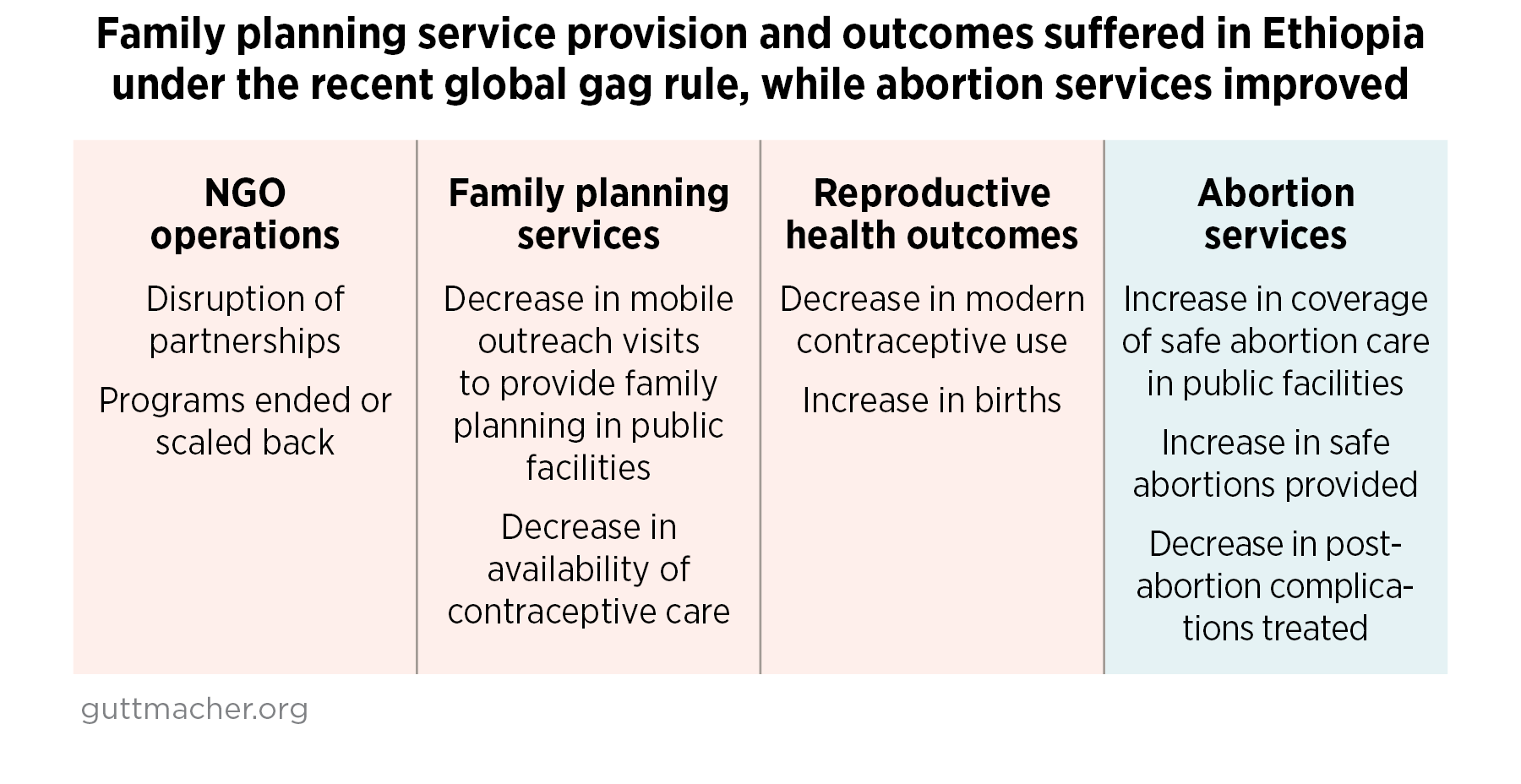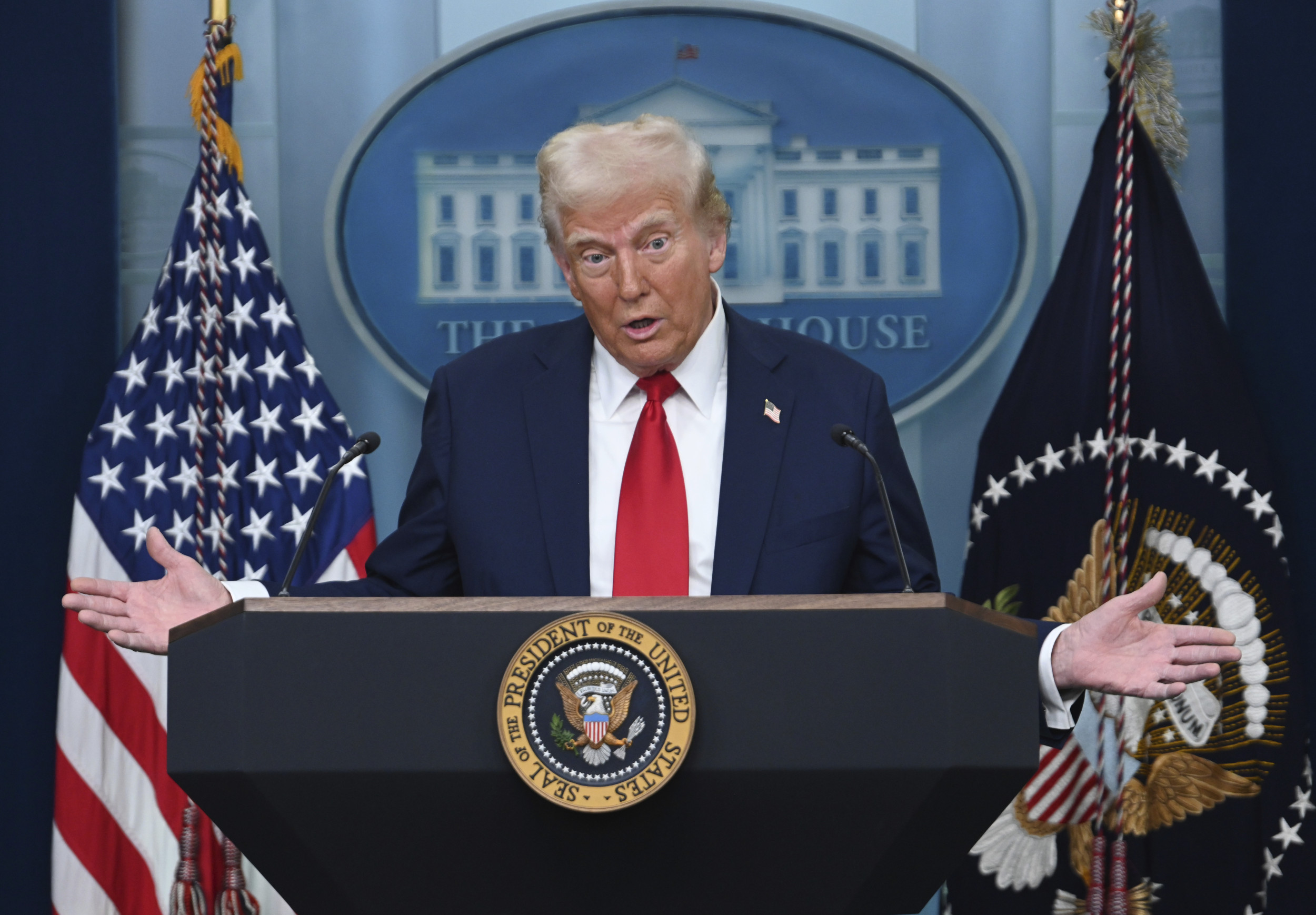Analysis: Trump Administration's Impact On European AI Rulebook

Table of Contents
Weakening Transatlantic Cooperation on AI Standards
The Trump administration's approach to AI, characterized by a more laissez-faire attitude compared to the EU's proactive regulatory stance, significantly hampered transatlantic cooperation on establishing global AI standards. This divergence in regulatory philosophies created friction and limited the potential for joint initiatives.
- Reduced participation in joint AI initiatives: The US's decreased engagement in international forums and collaborative projects on AI development and ethics left a void, hindering the harmonization of global standards.
- Lack of harmonization of regulatory frameworks: Without a common understanding of ethical guidelines and technical standards, the differing approaches created a fragmented landscape, making international collaboration on AI more challenging.
- Increased trade tensions related to AI technology and data: The absence of shared regulatory ground led to increased trade disputes, with concerns arising over data access, intellectual property rights, and the potential for unfair competition.
- Diverging ethical considerations in AI development: Disagreements over the ethical implications of AI, such as bias, accountability, and transparency, further exacerbated the lack of transatlantic consensus on best practices.
Impact on Data Privacy and Transatlantic Data Flows
The Trump administration's policies significantly impacted data privacy, with the invalidation of the Privacy Shield agreement serving as a prime example. This had direct consequences for the EU's AI Act, which heavily relies on the free flow of data for effective AI development.
- The impact of the Privacy Shield invalidation on data transfers between the US and EU: The loss of the Privacy Shield mechanism created uncertainty and hindered the cross-border transfer of personal data, a critical component for many AI applications.
- Implications for AI development reliant on cross-border data sharing: Many AI systems depend on vast datasets drawn from various sources across geographical boundaries. The limitations on data transfer imposed by the absence of a robust data protection framework directly impacted AI development in Europe.
- Increased scrutiny of US tech companies operating in the EU: The data privacy concerns further increased scrutiny of US tech giants operating within the EU, leading to stricter compliance requirements and potential penalties for non-compliance.
- The potential for increased data localization requirements within the EU: In response to the data privacy challenges, the EU has further prioritized data localization, potentially limiting the benefits of global data sharing for AI development within the EU.
The Influence on the Scope and Stringency of the EU AI Act
The Trump administration's less interventionist approach to AI regulation arguably contributed to the EU's decision to adopt a stricter and more comprehensive regulatory framework. The contrast between the two approaches arguably fueled a "race to the top," rather than a "race to the bottom."
- The potential for a "race to the bottom" versus a "race to the top" in AI regulation: The EU's response arguably avoided a "race to the bottom" by establishing robust standards, showcasing a commitment to responsible AI development.
- How the EU's desire for autonomy in AI governance might have been strengthened by the Trump administration's policies: The lack of substantial US leadership in setting global AI standards arguably reinforced the EU's commitment to developing its own independent regulatory framework.
- Discussion of specific aspects of the EU AI Act potentially shaped by the contrast with the US approach (e.g., high-risk AI systems): The EU's focus on high-risk AI systems and stringent requirements for transparency and accountability can be seen as a direct response to concerns about the potential lack of oversight in less regulated environments.
Long-Term Effects on the Geopolitics of AI
The Trump administration's actions left a lasting impact on the global AI landscape, significantly altering the EU's position within it. The resulting transatlantic divide has had far-reaching geopolitical consequences.
- The strengthening of EU-China cooperation on AI standards in the absence of strong US engagement: With the US seemingly less engaged in setting global AI norms, the EU sought closer collaborations with other major players, including China, to shape the future of AI governance.
- The potential for fragmentation of the global AI market: The lack of harmonized standards between major economic powers risks creating a fragmented global AI market, potentially hindering innovation and efficiency.
- The implications for future transatlantic relations in the field of AI: Reconciling the differing approaches to AI regulation between the EU and the US will be a major challenge for future transatlantic relations. Finding common ground on data privacy, ethical standards, and regulatory frameworks will be crucial for restoring cooperation.
Conclusion: Understanding the Trump Administration's Legacy on the European AI Rulebook
The Trump administration's approach to AI regulation had a profound and lasting impact on the development of the European AI Act. The contrasting philosophies regarding data privacy, international cooperation, and the overall approach to AI governance significantly shaped the scope and stringency of the EU's framework. The weakening of transatlantic cooperation, the resulting impact on data privacy and transatlantic data flows, and the influence on the scope of the EU AI Act all contributed to the current geopolitical landscape of AI. The long-term effects, including potential fragmentation of the global AI market and the need to rebuild transatlantic trust, remain significant challenges. To understand the complexities of AI regulation and the ongoing transatlantic discussions on artificial intelligence, further research into the European AI Act and its implications is encouraged. Please share your thoughts and insights in the comments below and share this article to continue the discussion on the European AI Act and AI regulation.

Featured Posts
-
 The Growing Trend Of Betting On California Wildfires La And Beyond
Apr 26, 2025
The Growing Trend Of Betting On California Wildfires La And Beyond
Apr 26, 2025 -
 Worlds Tallest Abandoned Skyscraper Construction To Restart After Decade Long Halt
Apr 26, 2025
Worlds Tallest Abandoned Skyscraper Construction To Restart After Decade Long Halt
Apr 26, 2025 -
 Explore Orlandos Culinary Scene 7 New Restaurants For 2025
Apr 26, 2025
Explore Orlandos Culinary Scene 7 New Restaurants For 2025
Apr 26, 2025 -
 Ceos Sound Alarm Trump Tariffs And Economic Uncertainty
Apr 26, 2025
Ceos Sound Alarm Trump Tariffs And Economic Uncertainty
Apr 26, 2025 -
 Full List Celebrities Affected By The Palisades Fire
Apr 26, 2025
Full List Celebrities Affected By The Palisades Fire
Apr 26, 2025
